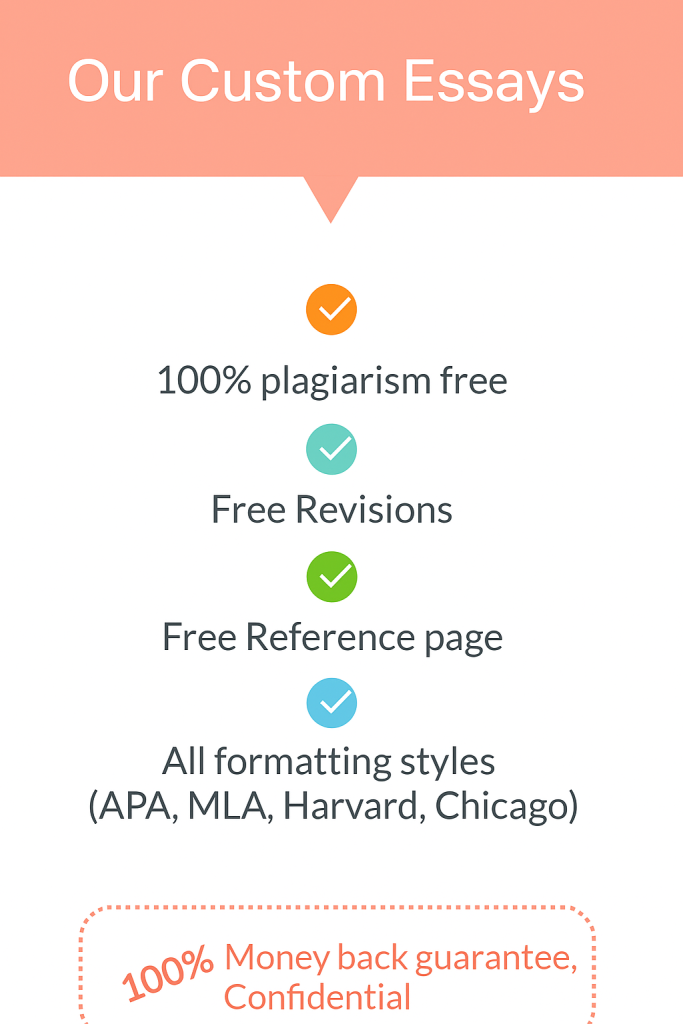
A why essay is a dedicated type of writing where the author attempts to answer a particular question of purpose, reasoning or motivation. It is basically an investigation of intent and motive. Why would you like to join this university? Why do you trust this idea? Why would this experience transform you? All these are some kinds of prompts that set the question for the writer to explore their thoughts and values more deeply. In addition, these types of essays can be found anywhere in college and beyond, such as in college admissions, scholarship applications, and philosophical arguments, or even in high school and university coursework in areas of studies that centre around studies focusing on ethics, humanities or learning reflection (Spencer, 2022). It is significant because it will show how the student thinks and not what he knows.
The Structure of a Why Essay
The why essay must be coherent, aimed and arranged logically. Contrary to the five-paragraph structure that is usually attributed to regular essays, a why essay can take many different shapes and forms based on the question which the essay writer is seeking to answer, but it must contain at least the following elements:
- Introduction: The introduction needs to state the question that it is answering and provide a tone that the rest of the essay will follow. Begin by using a hook or a personal story, a quoted or startling piece of information, and then bring out the heart of the issue or question. Like: 1 I have always wondered why service lights my heart more feelingly than any academic achievement ever since I volunteered at the local hospital.
- Thesis Statement: The thesis should provide the answer to the question of why in a direct but cogent manner. An effective student essay will contain nothing vague or general. Rather, it will provide an individual and well-guided opinion.
- Body Paragraphs: The body must elaborate further on the point, which should provide evidence, experiences or a logical explanation. These paragraphs should contain the following:
- Examples: Narrative or observations by the author which indicate the thesis.
- Analysis: explanation of how and why these examples are applicable.
- Connections: The ways in which your line of thinking refers to higher aims, values or outcomes.
- Counterpoints (Optional): In a more advanced version of the why essay, a few lines could be dedicated to considering other positions or the doubts that lead a person to a particular way of thinking and regurgitate the main idea. This is an indication of thinking and writing maturity.
- Conclusion: A conclusion should do more than restate the thesis. It should rather contemplate what has been spoken about and what it means in the future. A good conclusion indicates that there is a level of development, purpose, and more insight into the matter.
Tips for students and essay writers: Craft the Why Essay
To learn how to write a strong why essay, one will have to do more than respond to the prompt by demonstrating that one cares about the question. These are some of the ways that can help students and essay writers aspire to their writing:
- Do not Be Generic and General: Do not use sappy one-line answers such as I want to serve people or This is a great college. Rather than that, tell me why assistance is important to you or what you find so interesting about the college.
- Stop Thinking of Just Describing: It is important to think of why and motivation rather than description. Repeat the question: Why does this matter?
- Do not be a Cliche: Admissions officers and professors read thousands of essays. You should make your one outstanding and unique. Do not tell them what you think they want to hear, but say what you really believe.
- Establish Logical Connections: There should be no jump between any two consecutive paragraphs of the paper; the connections should be made to strengthen the thesis. It is not enough to have a line of thought come out one moment and then another moment to walk off to a different thought; you must indicate the connection.
- Being on Point: It is quite simple to go off-topic when we talk about personal motivations. Keep on a single big idea and elaborate on that instead of trying to get too much across.
- Write Reflective Tone: The reflective, contemplative tone will frequently suit the why essay. This indicates to the reader that the author has taken the time to know himself and make decisions.

The Wrap-Up
The why essay is an open door towards purpose and meaning. It forces students and other writers to look beyond the superficial level and get to the bottom of their decisions, ideas, and desires. It cannot always be easy, but when done right, it shows understanding, enthusiasm and possibilities.

